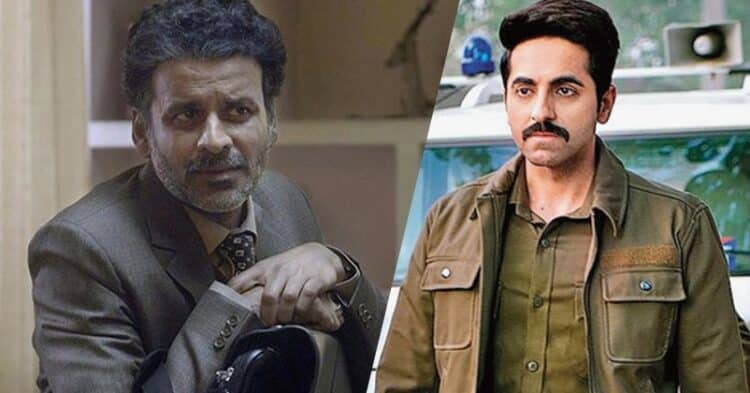Bollywood has a rich history of producing films that deal with the intricacies of the Indian Constitution, shedding light on its various articles and the societal issues they address. These films not only entertain but also educate audiences about constitutional rights and the challenges in upholding them.
Here’s an exploration of notable Bollywood films inspired by specific articles of the Indian Constitution:
1. “Article 15” (2019) – Article 15:
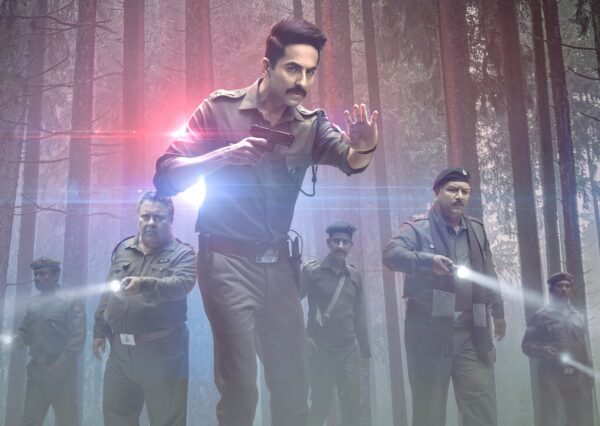
Directed by Anubhav Sinha, “Article 15” takes its title from the constitutional provision that prohibits discrimination based on religion, race, caste, sex or place of birth. The film stars Ayushmann Khurrana as a police officer investigating a caste-based crime in rural India. It offers a poignant commentary on deep-rooted societal prejudices and the ongoing struggle for equality.
2. “Article 370” (2024):

“Article 370” starring Yami Gautam is a film that delves into the socio-political implications of Article 370 of the Indian Constitution, which granted special autonomy to the region of Jammu and Kashmir. The movie which was directed by Aditya Suhas Jambhale highlights the challenges faced by the local population due to terrorism, political unrest and the misuse of this provision. Yami Gautam’s portrayal sheds light on the resilience and struggles of individuals caught in the turmoil.
3. “Mulk” (2018) – Article 20(3)
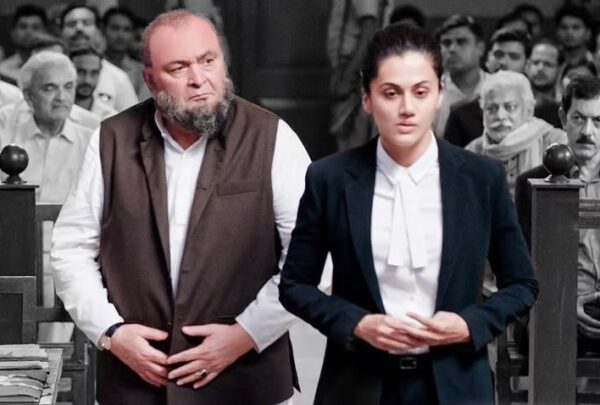
Anubhav Sinha’s “Mulk” addresses the presumption of innocence until proven guilty, a principle enshrined in Article 20(3) of the Constitution. The narrative follows a Muslim family accused of terrorism, highlighting themes of secularism and the dangers of communal bias. The courtroom drama emphasises the importance of justice and communal harmony.
4. “Aligarh” (2015) – Article 21
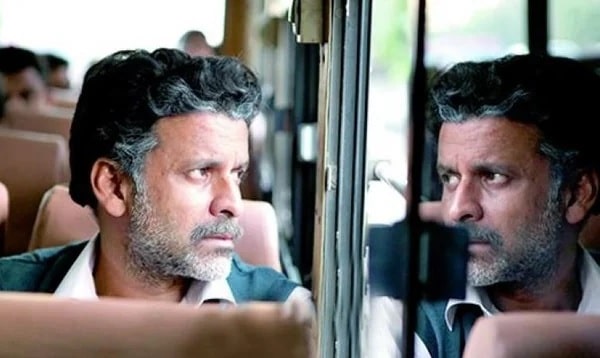
Directed by Hansal Mehta, “Aligarh” is based on the true story of Dr. Shrinivas Ramchandra Siras, a professor at Aligarh Muslim University who faced discrimination due to his s*xual orientation. The film underscores the right to personal liberty and privacy, as protected by Article 21 of the Constitution, and advocates for decriminalising same-s*x relationships.
5. “Section 375” (2019) – Section 375 of the IPC
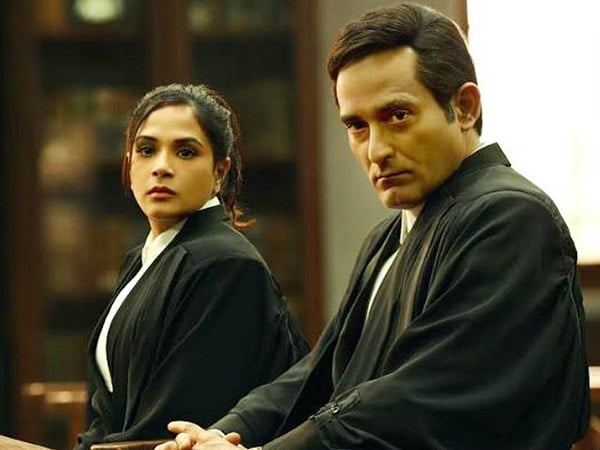
This courtroom drama starring Akshaye Khanna and Richa Chadha, directed by Ajay Bahl, portrays the complexities of consent and the legal interpretations of rape as defined in Section 375 of the Indian Penal Code. The film presents a nuanced perspective on the legal system’s handling of sensitive cases, prompting discussions on justice and legal ethics.
6. “Oh My God” (2012) – Article 25
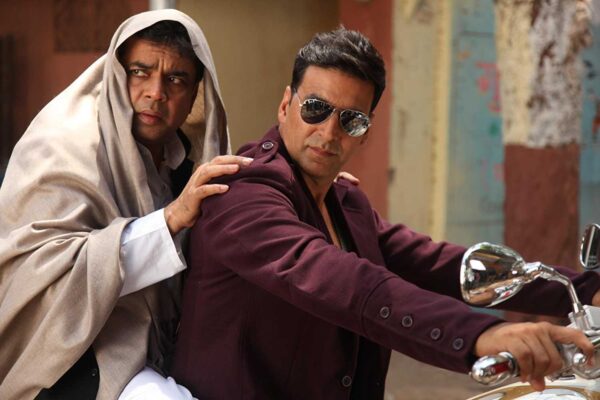
Directed by Umesh Shukla, “Oh My God” explores the right to freedom of religion, as outlined in Article 25 of the Constitution. The satirical comedy follows a shopkeeper who sues the God after his shop is destroyed in an earthquake, challenging blind faith and the commercialisation of religion.
7. “Haider” (2014) – Article 370
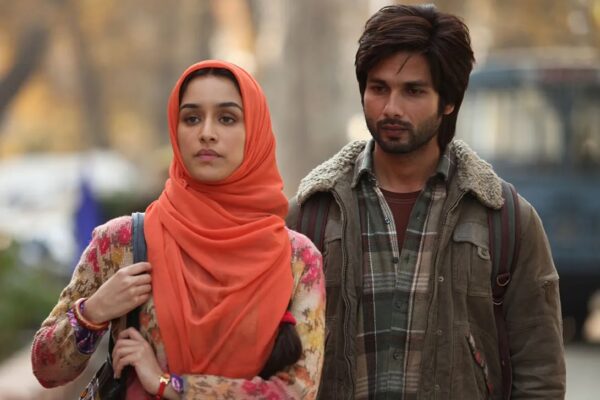
Vishal Bhardwaj’s adaptation of Shakespeare’s “Hamlet,” set in the conflict-ridden Kashmir of the 1990s, touches upon Article 370, which granted special autonomy to the region. The film portrays the political and personal turmoil experienced by the protagonist, reflecting the broader issues of identity and autonomy in Kashmir.
8. “Aarakshan” (2011) – Article 16
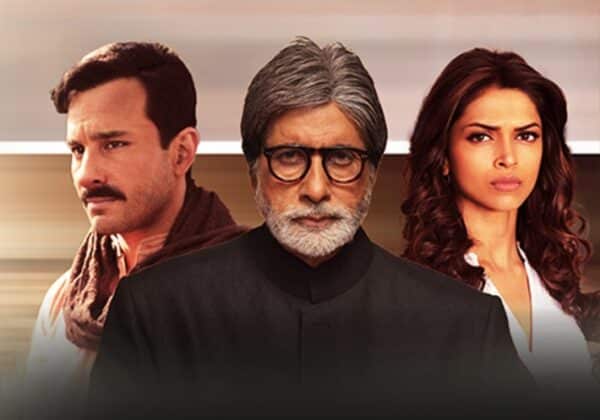
Directed by Prakash Jha, “Aarakshan” examines the policy of reservation in India’s education system, a manifestation of Article 16, which ensures equality of opportunity in public employment. The film delves into the debates surrounding affirmative action and meritocracy, highlighting societal divisions and aspirations.
9. “Jolly LLB” (2013) – Article 21

This legal satire, directed by Subhash Kapoor, addresses the right to life and personal liberty under Article 21. Inspired by real-life hit-and-run cases, the film critiques the judicial system and emphasises the importance of equality before the law, regardless of one’s socio-economic status.
10. “Satyagraha” (2013) – Article 19
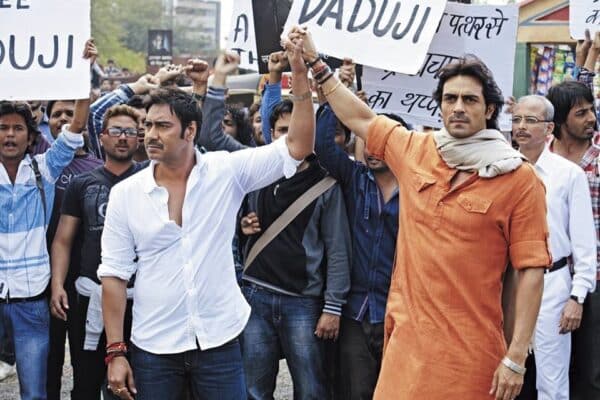
Another Prakash Jha film, “Satyagraha” focuses on the right to freedom of speech and expression, as guaranteed by Article 19. The story revolves around a movement against corruption, showcasing the power of peaceful protest and the citizens’ right to demand accountability from their leaders.
11. “Newton” (2017) – Article 326
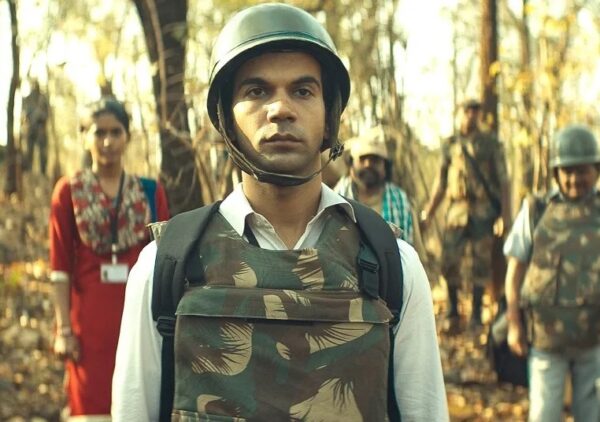
Directed by Amit V. Masurkar, “Newton” highlights the right to vote, as enshrined in Article 326. The film follows a government clerk tasked with conducting elections in a conflict-ridden area, emphasising the challenges of upholding democratic processes in adverse conditions.
How many movies have you watched from the list?


